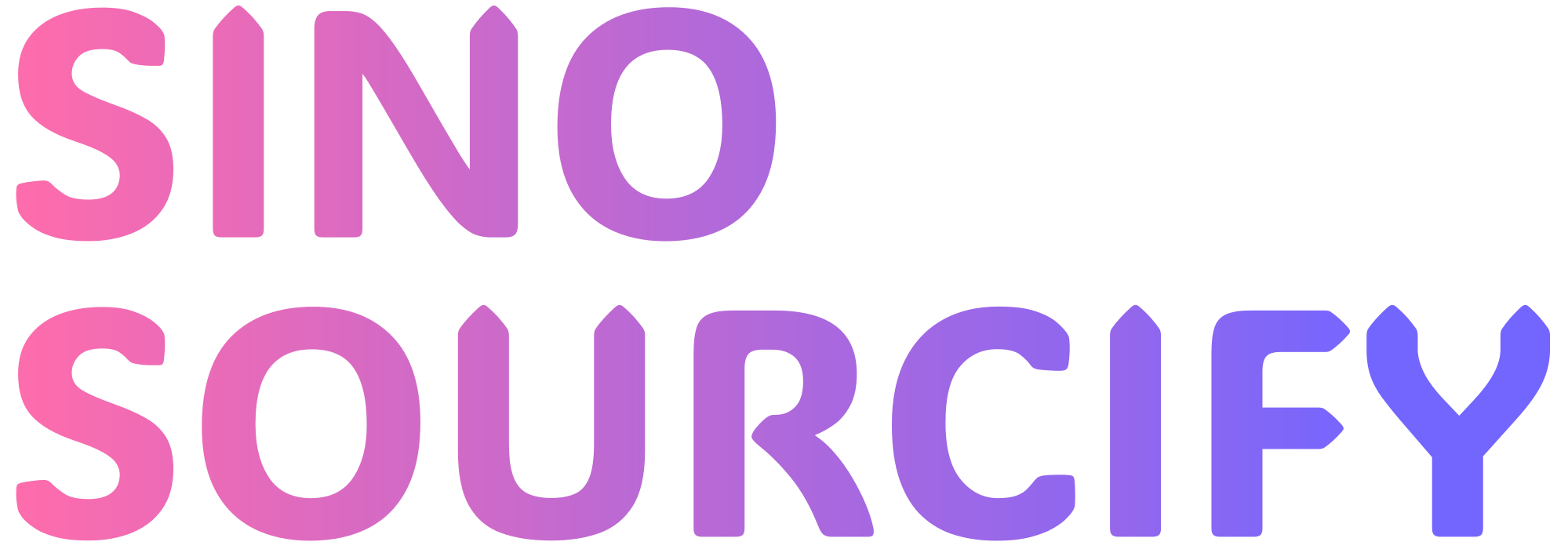In today’s global marketplace, sourcing kosher products has become a critical consideration for food manufacturers, retailers, and hospitality businesses. Kosher certification not only meets religious dietary requirements but also serves as a mark of quality assurance for health-conscious consumers. For businesses looking to expand their offerings or enter this growing market, understanding the intricacies of kosher product sourcing is essential.
What Makes a Product Kosher?
Kosher products adhere to strict Jewish dietary laws (kashrut) that govern everything from ingredient selection to production processes. Key requirements include:
- Separation of meat and dairy products
- Use of kosher-certified ingredients
- Approved slaughter methods for meat products
- Rabbinic supervision during production
The Business Case for Kosher Sourcing
Beyond religious observance, kosher certification offers significant business advantages. According to market research, the global kosher food market is projected to reach $25 billion by 2025. Many consumers—including vegetarians, lactose-intolerant individuals, and those seeking cleaner labels—actively seek kosher products for their perceived quality and safety standards.
Finding Reliable Kosher Suppliers
When sourcing kosher products through platforms like Long, consider these key factors:
- Verify certification from recognized agencies (OU, OK, Kof-K, etc.)
- Assess supplier track record and compliance history
- Understand cross-contamination prevention protocols
- Evaluate geographic proximity for fresh products
Navigating Certification Challenges
The kosher certification process can be complex, especially for international suppliers. Common challenges include:
- Ingredient traceability across global supply chains
- Equipment kosherization procedures
- Seasonal certification for Passover products
- Maintaining documentation for audits
Long’s platform simplifies this process by connecting businesses with pre-vetted kosher suppliers and providing resources for certification compliance. Their network includes suppliers across multiple categories, from raw ingredients to finished packaged goods.
Future Trends in Kosher Sourcing
The kosher market continues to evolve with several emerging trends:
- Increased demand for organic and non-GMO kosher products
- Growth in kosher-certified prepared foods and meal kits
- Technology solutions for kosher supply chain management
- Expansion of kosher options in mainstream retail

For businesses looking to capitalize on these opportunities, developing a strategic approach to kosher product sourcing—whether through Long’s platform or direct supplier relationships—can open doors to new markets and consumer segments.



